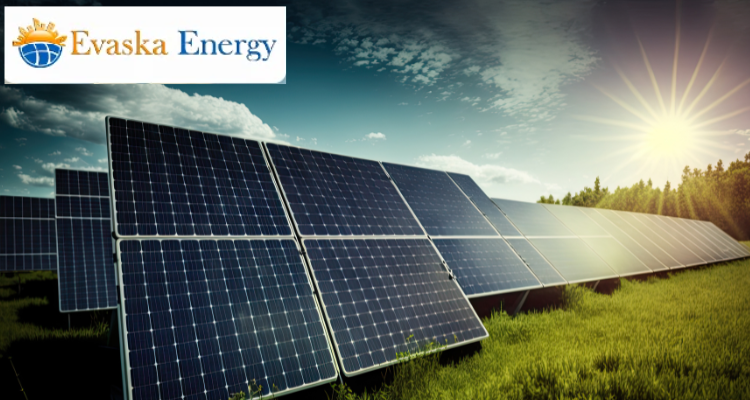Commercial vs. Residential Solar: Key Differences You Should Know
Solar energy has become a popular choice for both businesses and homeowners looking to reduce energy costs and lessen their carbon footprint. However, the approach to solar panel installation can differ significantly between residential and commercial settings. Understanding these differences can help you make an informed decision regarding which system is best suited for your needs. This post explores the key differences between commercial and residential solar panel installations.
Size and Scale of Installation
One of the most critical differences between commercial and residential solar panel installations is the size and scale.
Commercial Solar Panel
Commercial installations typically involve larger systems that can cover extensive areas, such as the rooftops of warehouses, factories, or office buildings. These systems are designed to generate substantial amounts of energy to meet the higher demand of commercial operations. The installation process for commercial solar panels is more complex and may require more extensive planning and permitting.
Residential Solar Panel
Residential solar installations are usually smaller in scale, designed to meet the energy needs of a single household. The panels are typically mounted on the roof of a home and are sufficient to power appliances, heating, and cooling systems. Residential installations are generally faster and easier to install compared to commercial systems.
Energy Consumption and Production
The energy consumption patterns of commercial and residential properties differ significantly, impacting the design and functionality of the solar panel systems.
Commercial Solar Panel
Businesses typically have higher energy consumption due to the continuous operation of machinery, lighting, and HVAC systems. As a result, commercial solar panels are designed to produce more electricity. These systems may also include features like energy storage or grid-tied setups that allow excess energy to be sold back to the grid.
Residential Solar Panel
Residential energy consumption is usually lower and more predictable. Home solar systems are designed to meet these needs, with many homeowners opting for net metering to offset their electricity bills by sending surplus energy back to the grid. Residential systems may also include battery storage to ensure power availability during outages.
Cost and Return on Investment
The financial aspects of solar panel installations can vary significantly between commercial and residential settings.
Commercial Solar Panel
The upfront cost of commercial solar installations is typically higher due to the larger size and complexity of the system. However, businesses may benefit from economies of scale, tax incentives, and rebates that can significantly reduce the overall cost. The return on investment (ROI) for commercial systems is generally faster due to the higher energy savings and the ability to sell excess energy.
Residential Solar Panel
Residential solar installations have lower initial costs, but the ROI may take longer due to lower energy savings compared to commercial systems. Homeowners can still benefit from various incentives and rebates that can help offset the costs. The decision to install solar panels at home often comes down to the desire for energy independence and long-term savings on electricity bills.
Installation Process and Maintenance
The process of installing and maintaining solar panels also differs between commercial and residential projects.
Commercial Solar Panel
The installation process for commercial solar systems is more complex, requiring specialized equipment, extensive planning, and coordination with local authorities. Maintenance for commercial systems is typically more rigorous, given the larger scale and higher energy output. Businesses often enter into service agreements with providers to ensure ongoing maintenance and optimal performance.
Residential Solar Panel
Residential installations are relatively straightforward, with the panels often installed within a day or two. Maintenance for home solar systems is minimal, usually involving periodic cleaning of the panels and inspection of the system. Many homeowners opt for maintenance plans that provide regular check-ups to ensure the system remains efficient.
Regulations and Incentives
Both commercial and residential solar installations are subject to regulations, but these can vary depending on the type of property and location.
Commercial Solar Panel
Businesses may need to navigate more complex regulatory environments, especially if they are installing large-scale systems. However, commercial properties may also have access to a broader range of incentives, including federal tax credits, grants, and accelerated depreciation. These financial incentives can make commercial solar installations more appealing despite the higher upfront costs.
Residential Solar Panel
Residential solar installations typically face fewer regulations, making the process easier for homeowners. Incentives like the federal solar tax credit, state rebates, and local utility programs are often available, making solar energy an affordable option for many homeowners.
Whether you are considering commercial or residential solar panel installation, understanding the key differences can help you make the right choice for your energy needs. While commercial installations are larger, more complex, and have higher upfront costs, they offer substantial energy savings and a faster ROI. On the other hand, residential solar systems are more straightforward and affordable, making them an excellent option for homeowners looking to reduce their electricity bills and contribute to a greener future.








